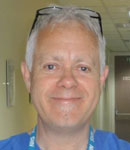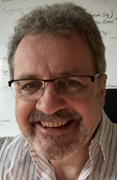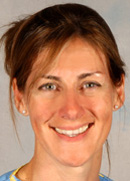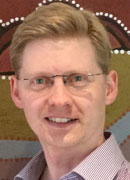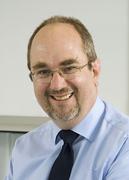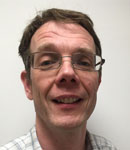 It is important for Higher Education Institute (HEI) academics who are involved in teaching and learning to be able to demonstrate that their practice is both effective and meets professional standards. One way in which Newcastle, and many other HEI, actively encourage academics to evidence this, is through the award of Higher Education Academy (HEA) fellowships that recognise a commitment to both these key qualities.
It is important for Higher Education Institute (HEI) academics who are involved in teaching and learning to be able to demonstrate that their practice is both effective and meets professional standards. One way in which Newcastle, and many other HEI, actively encourage academics to evidence this, is through the award of Higher Education Academy (HEA) fellowships that recognise a commitment to both these key qualities.
What is an FPLO?
In 2013 I became a Faculty Programme Liaison Officer (FPLO), working as part of a team of cross-Faculty academics alongside the Learning & Teaching Development Service (LTDS) to support and mentor staff undertaking the CASAP programme route for HEA recognition. FPLOs assist CASAP participants, in a process of documenting both reflection and evidence related to their teaching practice, as part of their application for HEA fellowship status.
Sharing our experience with Dundee University
In May I was invited to speak about my career path to an HEA Senior Fellowship Award as part of Dundee University’s Life and Biomedical Sciences Education seminar series. I have been working with colleagues in Dundee as they decide which approach to HEA fellowship applications they will take as an institution. The seminar was a perfect opportunity to discuss the various procedures involved in documenting evidence for applications and there was much lively discussion. I’d like to thank Dr Rosa Spencer, LTDS, for her invaluable help in preparing my presentation for this seminar.
My journey to HEA Senior Fellowship
My personal career journey has taken me from laboratory-based researcher to a teaching academic. Starting as an immunogenetics PhD student at the MRC Clinical Research Centre and then post-doctoral research assistant in the Department of Biochemistry at the University of Dundee, I took up my first academic appointment as a principle investigator (PI) and honorary lecturer at the University of Edinburgh.
Teaching commitments at Edinburgh initially were limited to the supervision of Level 6 BSc students during their laboratory-based projects. I then joined the team delivering the Biological Sciences BSc Programme and I added non-laboratory based teaching to my portfolio. I also completed the Edinburgh University’s Introduction to Learning and Teaching programme and gained a Professional Certificate in University Teaching.
In 2005 I joined Newcastle University, initially in the Institute of Cellular Medicine, again as a research focussed PI, and am now currently based in the School of Biomedical Sciences. Whilst at Newcastle I have been involved in PG/UG student laboratory supervision, delivering taught MRes programme content and curriculum planning/teaching on the Biomedical Sciences BSc Honours programme. In October 2016 I was awarded an HEA Senior Fellowship as recognition of my commitment to professionalism in teaching and learning.
Andrew Knight, School of Biomedical Sciences

